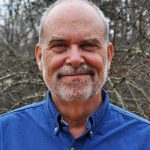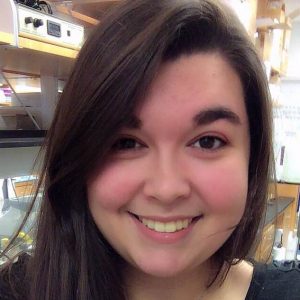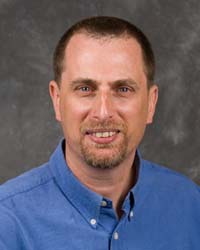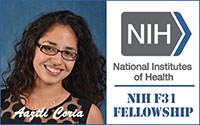Congratulations to these UNC-CH students, enrolled as Biology majors and/or double majors, for their induction into Phi Beta Kappa, the nation’s oldest academic honor society. At the induction ceremony, new members receive certificates and Phi Beta Kappa keys, the organization’s symbol. The new inductees are: Kate E. Aberman, Jamie Christine Antinori, Noah Clark Berens, Joshua Stewart Boone, Phoi Bui, Samantha Nicole Catalano, Michelle Renee Cooley, Nicole Grace DeBruyne, Julia Goncalves, Andrew Brantley Harvey, Jinglin Ji, Royce Thinh Le, Jintong Liu, Kaylene Jiayi Lu, Matthew Addison Moravec, Ashton Brooke O’Hara, Natalie Christine Piehl, Kelly A. Pring, Emily Nicole Reichert, Jared Cliff Richards, Dylan Thomas Schuler, Shreya Ashish Shah, Sania Larab Siddiqui, Claire Thefaine, Matthew Franklin Washko, Elizabeth Deane Wilson, Madison Oihua Woo, and Sarah Yueshan Wu.




